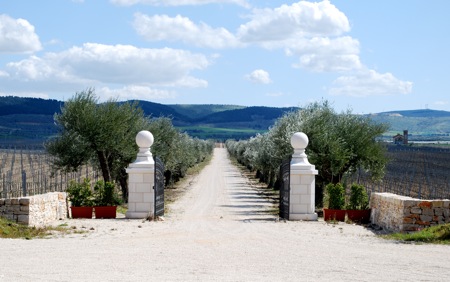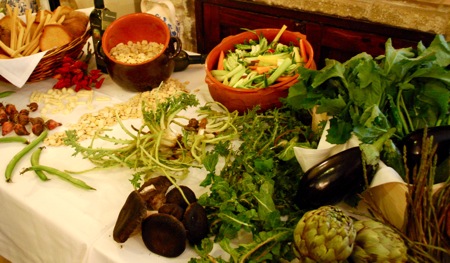
Far down the Adriatic coast, the heel to the boot that is Italy, the region of Puglia seems a world away from the modern Northern bustle of Milan or even of Rome. Baking in the heat of the bright Southern sun, with olive trees lining the roads and craggy limestone cliffs jutting out into the sea, some areas of Puglia resemble nearby Greece more than the rest of the Italian peninsula.
Never a seat of power or cultural capital, Puglia has missed out on other regions’ moments of influence, prosperity, and fame. Historically overlooked though it has been, however, the region is a thriving seat of agriculture. Puglia produces over 70% of Italy’s olive oil; wheat blankets vast fields of the interior, and grapevines crawl across the landscape. These three staple Italian crops are in ready supply. Yet with a longtime emphasis on quantity, rather than quality, and a still-limited conception of effective marketing, local producers have found difficulty promoting their products abroad.
Recent decades have shown signs of a shift in Puglian attitudes, according to Italian Culinary Foundation chairman Tony May. “These producers have learned to create a quality product,” May says. “They understand the importance of working to a high standard. The problem, now, lies in marketing those products to the rest of the world.”

Despite this struggle, Puglia cherishes a proud culinary tradition. The region’s cuisine, shaped by long stretches of endemic poverty, relies heavily on grains and vegetables: bitter lampascione and purple-streaked artichokes, roasted chickpeas and fava beans with chicory, cooked whole grains and ever-present olive oil. Yet circled by the sea, and guarding vast fields for grazing, respective corners of Puglia prize their octopus or cuttlefish, goat or veal, creamy burrata cheese or tangy caciocavallo.
Over a series of articles, I will delve further into the culinary history of this gastronomically rich region, still waiting for its moment on the world stage.